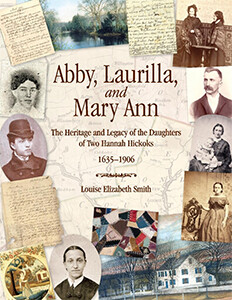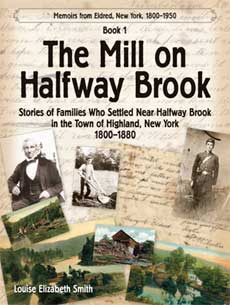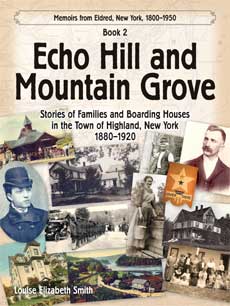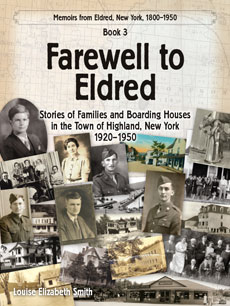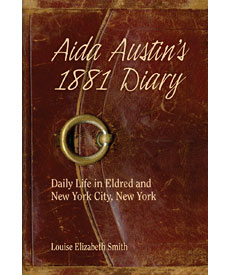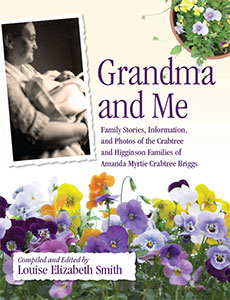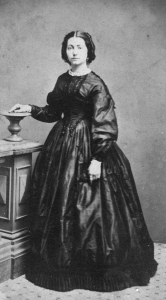
Parents in Halfway Brook sometimes sent their children to school to live with relatives, as Libby Kyte mentioned in the last post. At some point there was an Academy in Monticello.
Mary Ann Eldred (later Austin) had lived with her sister in Middletown while she attended school, in 1848. In January 1864, Henry and Mary Ann Austin’s daughter, Emma Austin, age thirteen, lived with her Eldred-Austin cousins in New York City, while she attended school there.
January 31, 1864, New York City, Nettie Austin to her aunt Mary Ann
Emma gets along first rate at school. She is at the head of her class.
The school teachers in the 1800s often lived with a family in the community where they taught. From Sherman Leavenworth’s letter home, it sounds like the school teacher would board with his family.
May 17, 1864 Sherman Leavenworth, U.S. Transport Arago
Write if the school teacher has been to board with you yet.
In these next three letters, Sherman wrote to his brother John, to encourage him to take school seriously.
June 21, 1864, Beaufort, South Carolina, Sherman Leavenworth
Dear Brother John,
You wrote that you was going to school. You must learn all you can.
August 1864, Beaufort SC, Sherman to his brother John
Work good while at home and when you go to school, learn and [don’t be] excited by amusements and you will accomplish more than it ever lay in the power of one of them to do, and if us boys live, you will get a present for being persevering.
October 24, 1864 Morris Island, SC, Sherman to his brother John
I suppose that you will go to school this winter. If you do, I shall look for a good deal of improvement in your writing, spelling, and composing.
If you should be in the army a while, you would see the use of learning. So study as diligently this winter as you must have worked this summer and you will get rewarded for it.
—The Mill on Halfway Brook, pp. 113, 116, 117, 119. 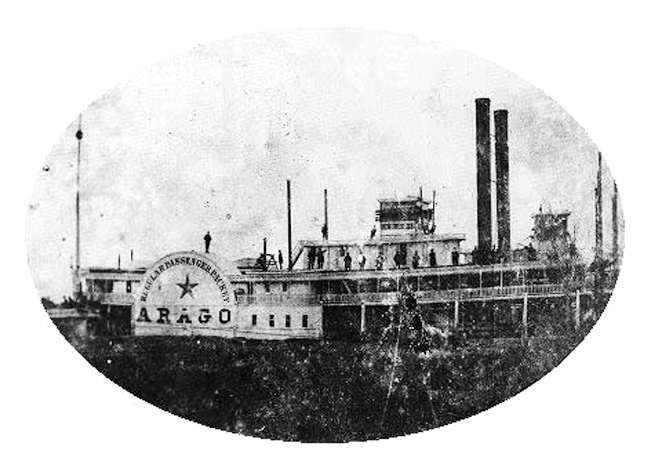
Note: In the late 1700’s and the 1800’s letters, I have often read the phrase, “you was.” Some writers were well educated. Since “you” is both singular and plural, I wonder if at the time it was correct to say “you was” if one was referring to a specific person.


